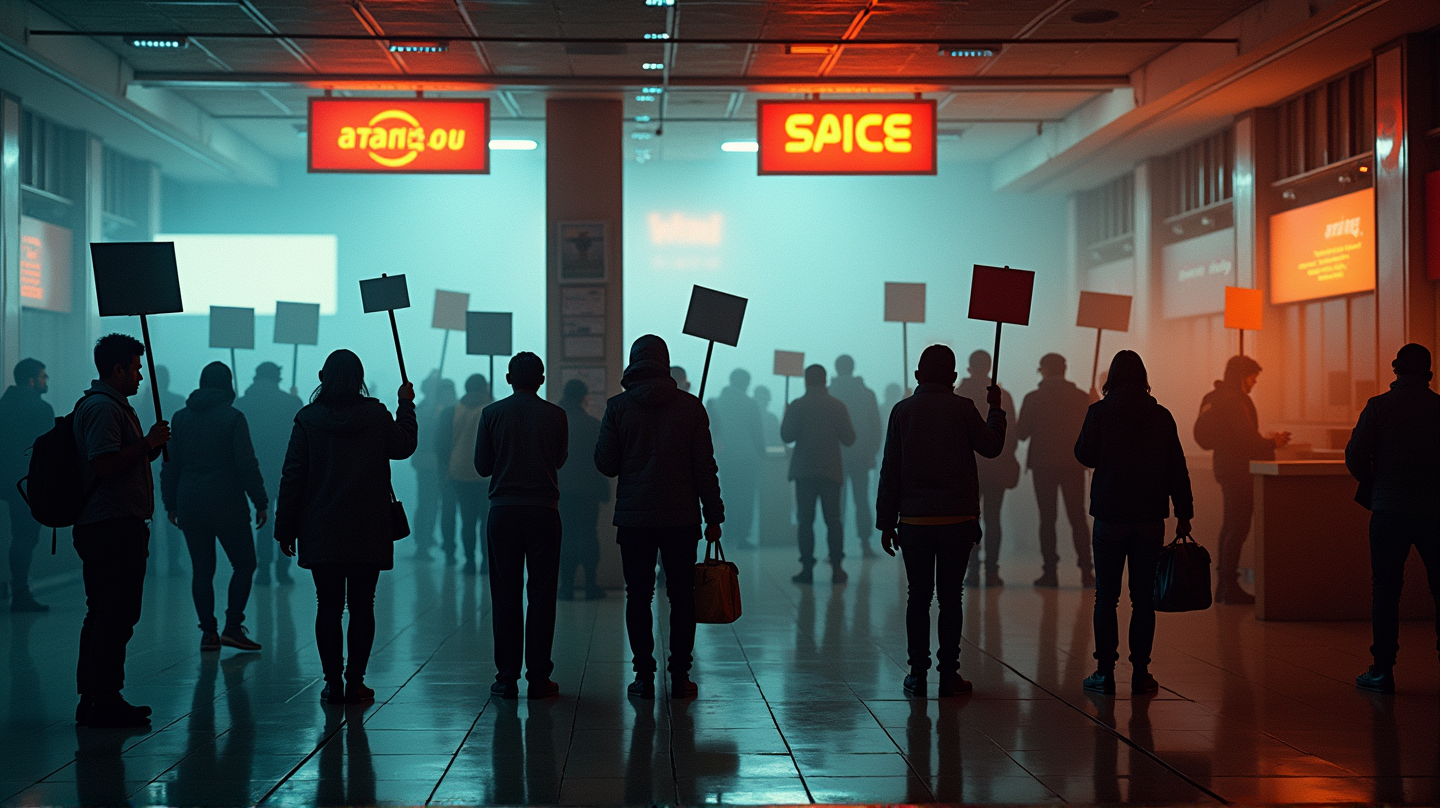Patiya Banking Chaos: Inside the Four-Hour Halt by Protesters
Discover the dramatic protest by sacked bank employees that halted banking operations across Patiya, and how order was restored.

In a dramatic turn of events, banking operations in Patiya Upazila, Chattogram were brought to a standstill for over four hours. The scene resembled a choreographed protest with aggrieved, dismissed bank employees rallying against recent layoffs. As stated in The Financial Express, it all began early on an otherwise regular Sunday morning.
The Genesis of the Protest
The turmoil was a direct result of actions taken post the notable July Uprising — a pivotal political event that resulted in a major shifting of powers. The subsequent dissolution of boards in banks previously controlled by the S Alam Group led to a wave of dismissals. We are talking about over 7,000 employees! This massive sacking was initially covert but soon turned public by Aug 5, casting a long shadow over Patiya’s financial landscape.
Voices from the Protest
Ashraf Ali, once a valued employee at Social Islami Bank, represented the collective frustration. “We have been labeled unjustly,” he lamented, referring to the ‘Patiya tag’ that systematically marked locals from surrounding areas like Lohagara and Sitakunda for termination. The closure of job doors left many standing at the threshold of financial uncertainty, with some nearing the end of their employable age.
The Standstill Effect
From the crack of dawn, protesting figures cloaked in resolve converged at the Patiya School field. Their presence soon spread like wildfire to banks and ATMs. Customers, hoping to conduct routine banking, found themselves blocked by barriers of human resistance. “It was chaotic. Some managed to sneak through, while others were stranded,” recalled Abu Ibrahim, manager of Agrani Bank, shining a spotlight on the true turmoil.
Restoration of Order
The eventual conclusion came not just from authority but negotiation. Patiya Upazila’s administrator, along with police oversight, found the key to unclogging the banking gridlock by early afternoon. They strategically began with the clearing at Sonali Bank, progressively restoring normalcy bank by bank.
Law enforcement ensured a smooth transition back to regular services. Additional Superintendent of Police, Ariful Islam, confirmed that no road blockades were set, allowing for an eventual resumption of usual operations without vehicular disruption.
Beyond the Protest
With life seemingly back to normal, many questions still loom large: What brought us to this point, and what hope do former employees have for the future? These stories resonate with the resilient spirit of Patiya’s community.
As the say, after every storm, comes a calm. The banks hum once more, and so does the spirit for fairness and justice among those affected.





